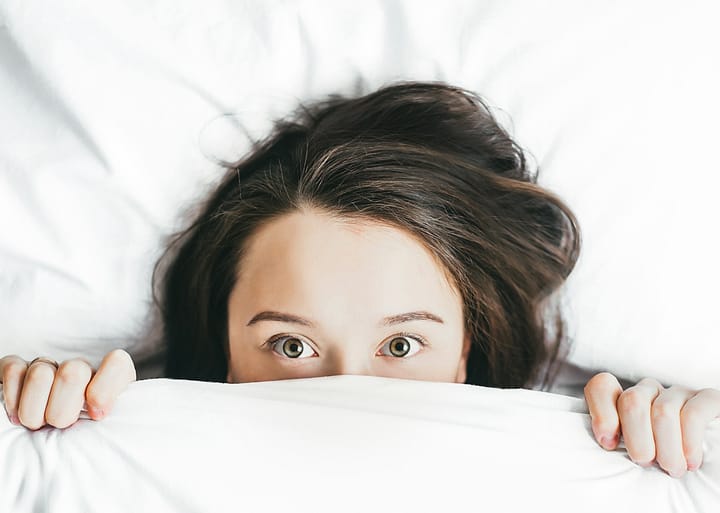The hormonal clock: Sex differences in sleep cycles

Men and women experience sleep differently, and these variations stem from biological differences rather than lifestyle or environment alone.
Sleep disorders such as insomnia, hypersomnia, and sleep phase disorders appear more frequently in one sex than the other, with women often reporting greater sleep disturbances.
These differences are partly due to how reproductive hormones like estrogen and testosterone influence sleep patterns. But even in the absence of these hormones, such as in studies using animals without active reproductive systems, sleep differences persist.
This points to a role of sex chromosomes - the genetic material that determines male or female traits - in regulating sleep cycles.
How sex hormones affect sleep
Reproductive hormones significantly influence when and how we sleep. For example, female hormone fluctuations during the menstrual cycle alter sleep duration and quality, while the level of testosterone affects sleep recovery in men. Sleep recovery is the process by which your body and brain repair and recharge after not getting enough sleep.
Research on animals shows that these hormones act on specific brain regions, like the hypothalamus, where sleep and wakefulness are regulated.
Still, the adult hormonal influences are not the whole story; the effects of early hormonal exposure during development leave lasting imprints on sleep regulation into adulthood.
So our individual sleep patterns (and problems) may be shaped early on.
Sex chromosomes and sleep mechanics
The sex chromosomes also play a role in determining sleep patterns. Studies using genetically modified animals reveal that genes carried on the X and Y chromosomes influence sleep structure, even in the absence of active reproductive hormones.
For instance, certain genetic setups allow male-pattern sleep characteristics to emerge in females and vice versa. These findings highlight a direct genetic effect on sleep, independent of hormonal effects.
This seems to be particularly evident in how individuals recover from sleep deprivation or respond to sleep disruption.
What this means for your health
Understanding how hormones and sex chromosomes drive differences in sleep could lead to better treatments for sleep disorders that disproportionately affect women.
Historically, much research has focused on males, creating gaps in our knowledge of female-specific sleep biology.
By exploring the combined effects of both sex genes and sex hormones, researchers aim to uncover new ways to address sleep-related health issues and improve overall well-being. For men and for women.
About the scientific paper:
First author: Micah Ralston, USA
Published: Frontiers in Neuroscience, October 2024
Link to paper: https://www.frontiersin.org/journals/neuroscience/articles/10.3389/fnins.2024.1478820/full




Comments ()